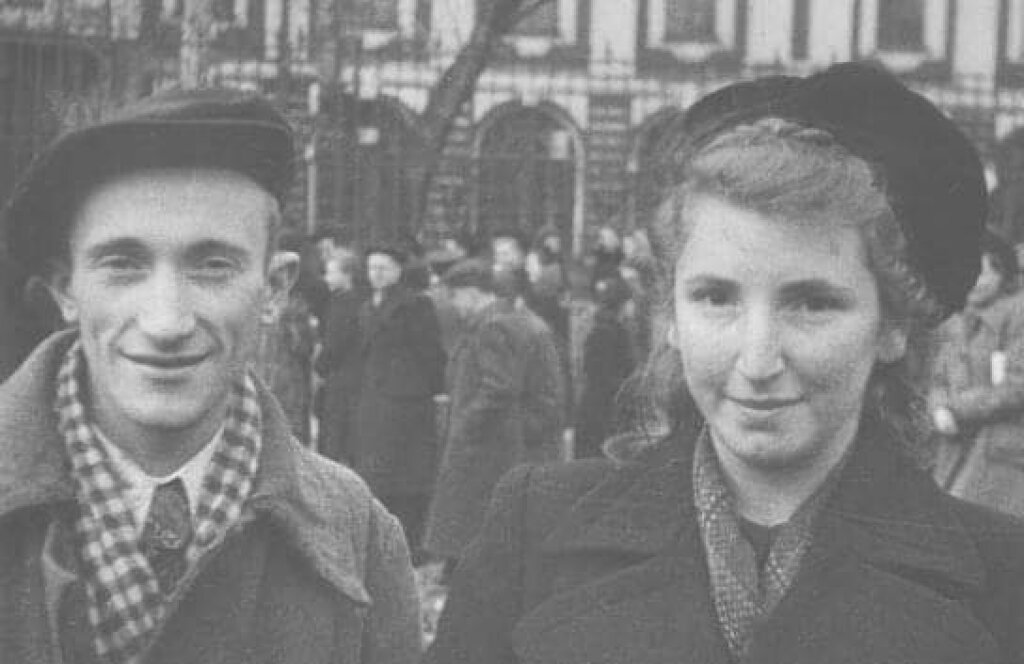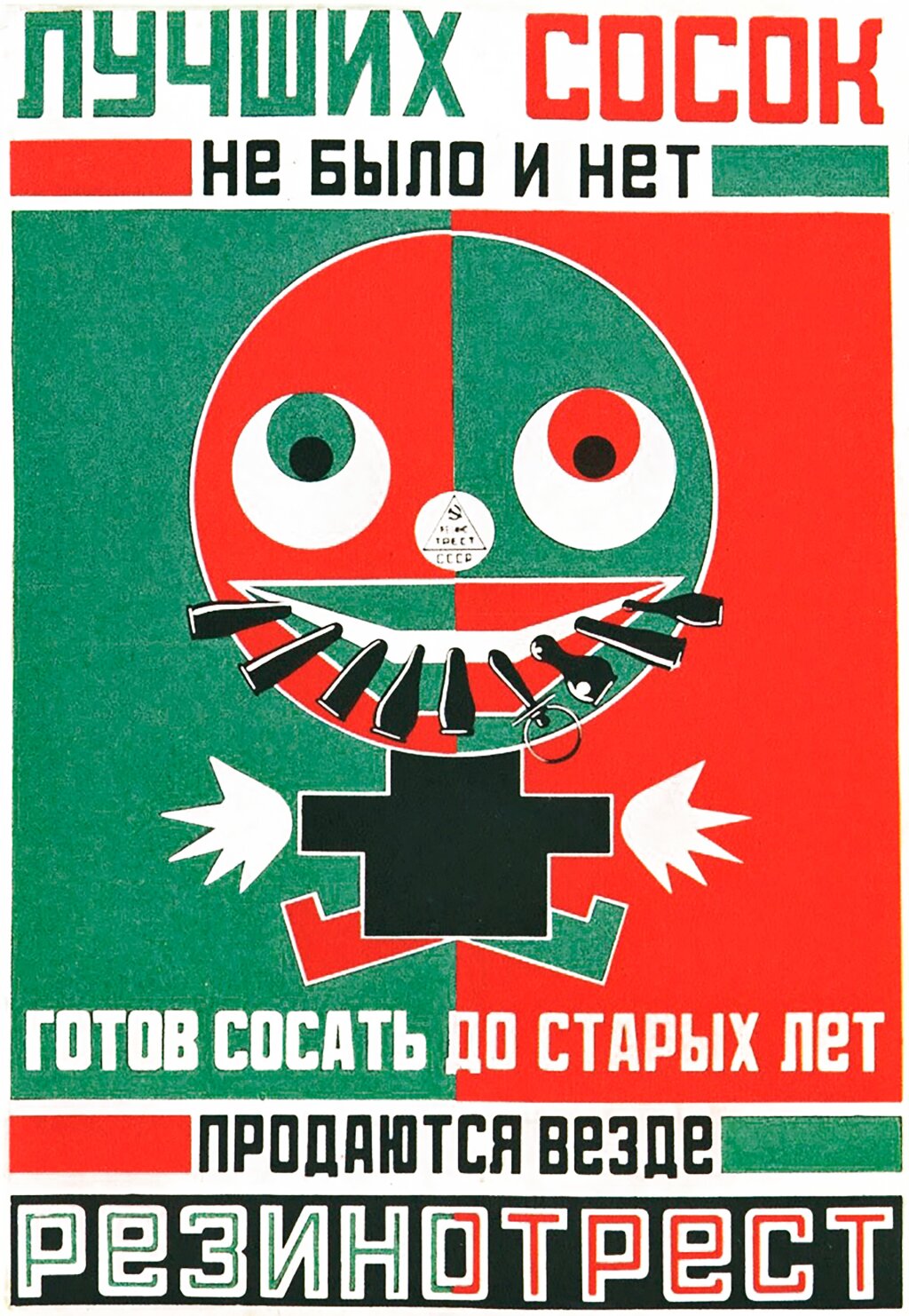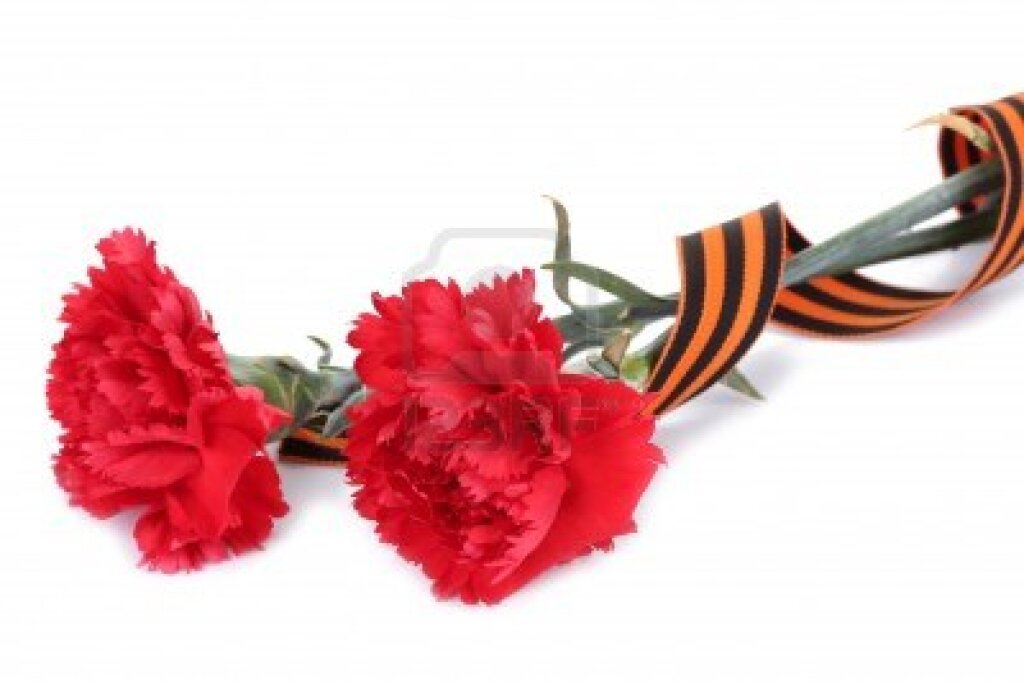Above: The author's grandparents, Joseph Wolfson and Era Kuznetsova, circa 1946-7.
Dalia Wolfson is a graduate student in the Department of Comparative Literature at Harvard University. Joseph Wolfson (1923-1999) served for many years as a school principal in St. Petersburg. His memoirs, Что было, то было [It Was What It Was], were published in 1999 in Berlin.
Not long after the Passover seder, on May 9, my Soviet-Jewish family gathers. My American friends—and I along with them—will have marked World War II and its atrocities on earlier dates, often in public ceremony: International Holocaust Day (January 27, the liberation of Auschwitz-Birkenau) and Yom HaShoah (anniversary of the Warsaw Ghetto Uprising, often in April). But the commemoration of Victory Day, so dazzlingly held in Moscow, is for a solid number of former Soviet emigres conducted in the space of the home. First we toast for those who have passed. The elders present share their experiences; and then these histories—and those that have already lost their main narrators—are taken up around the table, supplemented and elaborated as the night wears on.
Many of the stories are direct accounts of the war proper, and the charge to remember historical details grows every year. But it becomes equally important to listen for reverberations of the war’s aftermath, ones that are felt in family relations and political subjectivities to this day. The two pieces below—one taken from my grandfather’s memoir, the other from my own memory—are invitations to the May 9 kitchen table, and the different ways in which generations re-inscribe trauma and resilience.
Papa and His Seventeen Sons
In the years after the war, Russia’s fertility rate fell sevenfold. Nurseries went empty, and soon so did schools. Many teachers were unemployed, or settled for half the work and half the salary; others simply changed professions.
I chose to wait out the demographic gap, and eventually a part-time position came up: an instructor in a children’s home. It was women’s work, the wages negligible. The fact that I’d been stuck in a middle school was, I thought, a case of bad luck. I considered myself a historian; soon this unfortunate period would end and I could get a doctorate, return to the academy. But at that point I didn’t have much of a choice—and so I went to the home.
The principal, Maria Fedorovna, gave me the first graders. It was a class of its time: orphans and foundlings, children of war.
Maria Fedorovna and I faced the kids. Seventeen shaved, thin, pale boys stared back, trusting and curious.
“Boys, meet your new instructor,” she announced. And then, just as swiftly, she left.
I stood there dumbfounded, not knowing where to begin. I didn’t yet have any children of my own. These boys had already known fear, hunger, cruelty. What they’d never known: tenderness, love. I could tell them about Hammurabi’s Code, Alexander the Great—but that was not what they needed.
The children themselves came to the rescue. One boy walked up, took my hand and asked quietly: “Maybe you can be my Papa?” I had no time to answer. The rest of the class had rushed over, kissing my fingers, yelling: “And mine! And mine too!”
Shaken by their outcry, I barely managed to calm the room. I hesitated, then said: “Of course you are all my children. I will love you all.”
Now there came questions: did I have children, did I have a wife? My answers pleased them. One boy quipped: “Good—your wife can be our Mom.”
But my pedagogical exploits were just beginning. The head teacher stuck in his head: “Take the kids to the bathhouse—the provisions officer’s got all the supplies.” I picked up seventeen soap pieces and sponges, and just as many pairs of underwear and towels (“Don’t forget to return them!”). Bag loaded, surrounded by “sons,” we set out.
It was a vacation day; among the bathers were families. In the foyer you could buy carbonated water and hot pies with a liver filling. One of my more "wild" children had grabbed one and was already chewing, content. What could I do? “Papa, buy me water, buy me a pie!” It was my payday; at home they’d be expecting my salary. But in that moment it was decided: I was the good, generous father of this household.
How my sons devoured those pies, drinking them down with sparkling water! How happy I’d made them! It wasn’t the pies; it was that their Papa had bought them.
Next were the baths. I instructed the boys to lather up their sponges and scrub one another—a useless request. Each boy came up to me on his own: “Papa, please scrub my back!” I scrubbed their little ribs. They laughed and squealed with glee.
By evening, everyone at the children’s home had heard of our “bathhouse” adventure. Maria Fedorovna approached me, tight-lipped and furious.
“What have you done? Do you think this is some sort of game?”
“What else could I do?”
“I don’t know…” she said, and trailed off.
On The Herring
Babushka Era and her friend Musya sit at the either side of the kitchen table, I as dutiful grandchild at the narrow end. Era’s cup is full, but for the single sip she has taken; it is important, these days, to drink water for her one kidney. The rim is streaked with a lipstick kiss.
On the table is the best dish for company: “herring in a fur coat,” cut-up pieces of oily fish under a faithful hierarchy of chopped onions, mashed potatoes, egg whites, grated beets lathered with mayonnaise to create a hot-pink top, sparsely sprinkled with boiled yolk. Cut a slice, and the layers spill over one another, revealing the very bottom: the precious, lusty chopped herring.
Only today the fish layer, for whatever reason, is somewhat thin. We watch Musya pick up her fork and poke at the bits.
My grandmother frowns. Then she opens:
“You know, in your day, I was evacuated to Novosibirsk. My mother, she left for three months to inspect schools in the region. I was left with a heap of frozen salted salmon. There were no refrigerators back then, so all I did for meals was pick out bones.” I imagine my young grandmother’s tongue drying up and cracked, like the ice on the sidewalk scattered with salt. “It was so cold that winter that I left the fish wrapped in newspaper on the outer edge of the windowsill.”
“I, you know, was not even evacuated. We lived in a one bedroom apartment. I was responsible for the whole family,” Musya retorts.
“My mother and I slept black Jack-style in the bed, head to feet, feet to head,” my grandmother raises.
“My mother was already dead. I spoon-fed my grandfather honey and rationed out bread for my feverish father,” Musya is quick to add.
“It was so many years ago but it feels just like yesterday, as if I am fifteen again,” my grandmother sighs loudly.
“Or as if I am just eleven,” Musya lowers the figure dangerously, and in her light-green coat with her well-matched pale jade, she has done well to maintain her age.
Suddenly, she begins to cry.
“Why are you crying, Musya? Because we’re so old?” asks my grandmother, annoyed.
“No, no, because it all happened.”



